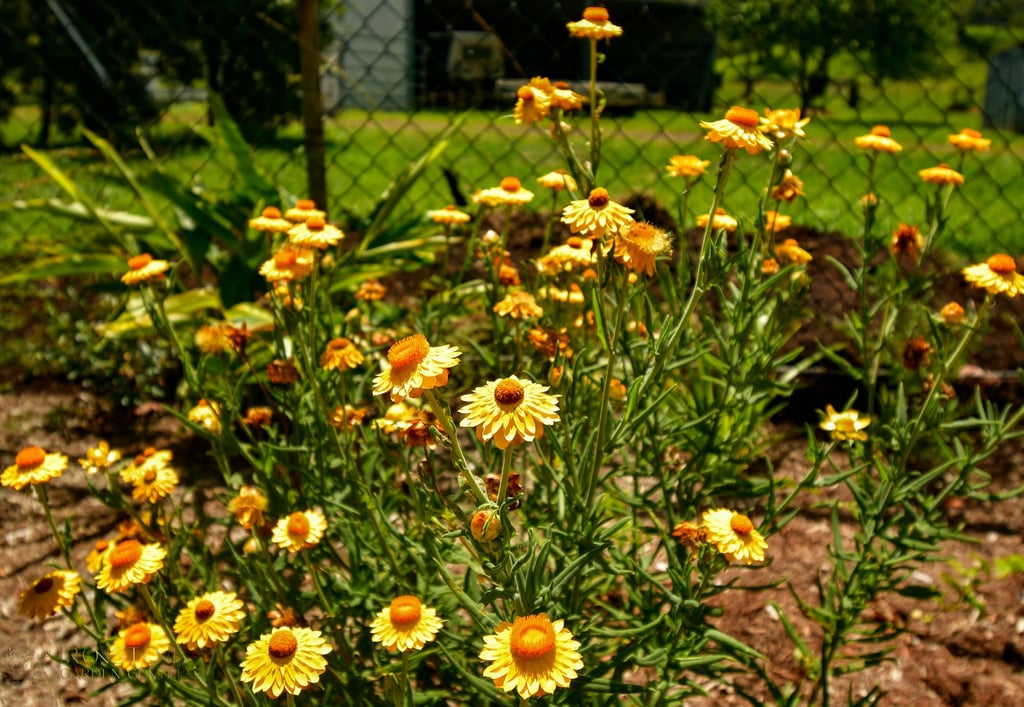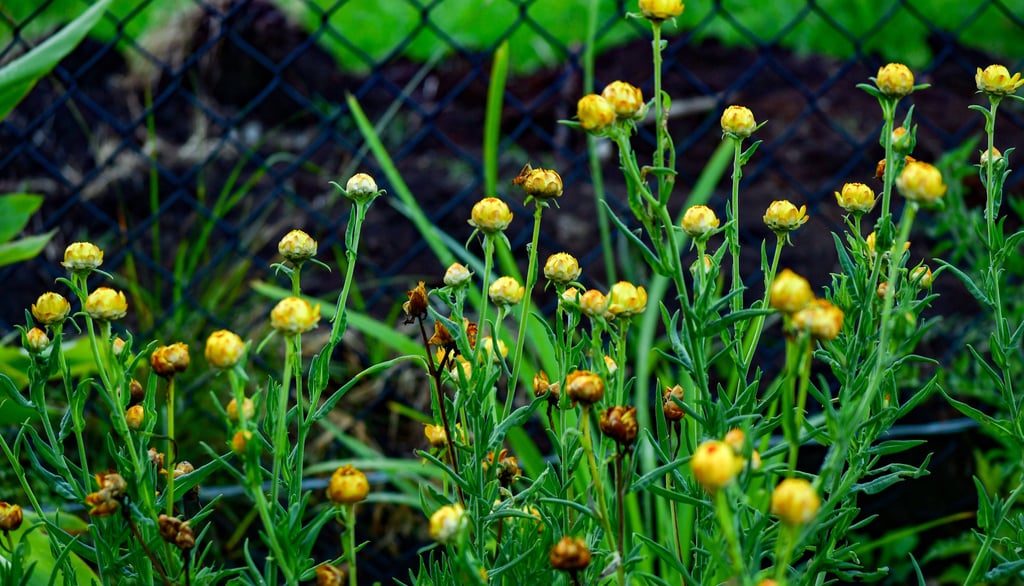Gardening Under the Stars


Out here in Winton, where the semi-arid landscape stretches to the horizon and the stars shine brighter than most places on Earth, there’s a deep connection between the land and sky. Being part of an International Dark Sky Sanctuary isn’t just about jaw-dropping views of the Milky Way—it’s also about giving plants, animals, and pollinators the darkness they need to thrive.
And yes, even our beloved paper daisies—those cheerful, papery blooms known as Xerochrysum bracteatum—benefit from the natural rhythm of day and night. It’s amazing what happens when nature is allowed to do its thing, uninterrupted by the glare of artificial lights.
If you’ve ever grown paper daisies, you’ve probably noticed their petals (technically their bracts) opening wide to the sun during the day and folding up tight as night falls. This little performance isn’t just for show—it’s their way of staying in sync with their environment. During the day, the bracts open to welcome pollinators like bees and butterflies. At night, when those visitors are tucked away, the daisies close up shop. This helps them:
Conserve energy, so they’re ready for another sunny day.
Stay protected from dew or cooler temperatures, which could harm their delicate reproductive parts.


In a place like Winton, where light pollution is almost non-existent, this cycle plays out just as nature intended. But in gardens closer to towns or cities, too much artificial light at night can confuse plants and disrupt this rhythm.
Light pollution might not be something we think about much as gardeners, but it can have a real impact. Here’s how it can mess with plants like paper daisies:
Mixed Signals for Opening and Closing
Too much light at night can make flowers stay open longer than they should. This wastes the plant’s energy and leaves them vulnerable to moisture damage.Confused Pollinators
Bees and butterflies depend on clear cues from the day-night cycle. When there’s too much artificial light, it can throw off their timing, reducing visits to flowers like daisies when it matters most.Ecosystem Imbalance
Gardens don’t exist in a bubble. Artificial light can disrupt insects, birds, and even the tiny organisms in your soil, throwing off the balance that healthy plants depend on.
Gardening in Winton comes with its challenges—salty bore water, compacted vertisol soils, and rainfall that can be hit or miss. But the darkness of our night skies gives us a special advantage: plants and pollinators here can follow their natural rhythms without interference.
That said, even in Winton, we can take steps to keep our gardens thriving:
Skip the Spotlights: If you love the look of a softly lit garden, opt for shielded or solar-powered lights with a warm tone. Place them away from flowerbeds to avoid confusing your plants.
Choose the Right Plants: Drought-tolerant natives like paper daisies are perfect for our semi-arid climate. They’re tough, low-maintenance, and support local pollinators.
Support Pollinators: Cut back on artificial light to encourage daytime pollinators like bees and butterflies. A dark, natural garden is a welcoming space for them.
Living and gardening in Winton offers a unique opportunity to work alongside nature. Our Dark Sky Sanctuary reminds us of how important darkness is—not just for stargazing but for the health of our plants, animals, and ourselves.
When we reduce artificial light in our gardens, we’re giving plants like paper daisies the chance to do what they do best: brighten the day with their blooms, rest at night, and play their part in a thriving ecosystem.
I think Winton's night sky it’s part of what makes this place, and our gardens, so special.
